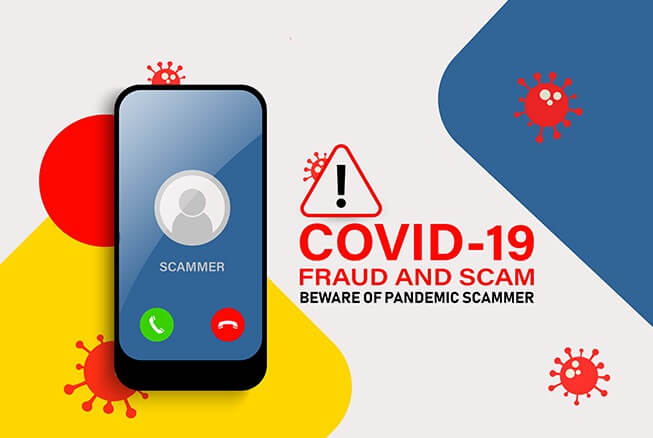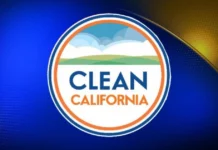Vidya Sethuraman
India Post News Service
A Special Bilingual Briefing was organized by Ethnic Media services on May 15 with the Federal Trade Commission on Coronavirus Scams, How to Avoid Them, Resources for Dealing with the Pandemic’s Financial Impact.
Monica Vaca, Associate Director, Division of Consumer Response and Operations, Bureau of Consumer Protection, FTC and Rosario Mendez, Attorney, Division of Consumer and Business Education, Bureau of Consumer Protection, FTC shared information on Coronavirus scams they’re seeing, advice on how to avoid them, and resources for getting through the pandemic’s financial impact. The FTC also spoke about complaints they’re getting related to the Coronavirus, such as shopping online, identity theft, and other consumer problems. The FTC said people lost the most money to Travel Fraud, Online Shopping, Text Messages, Diet Products and Internet Information Services.
As the country continues to be rocked by the coronavirus pandemic, the Federal Trade Commission (FTC) is making sure that vulnerable Americans avoid the numerous COVID-19-related scams that are making their way through various communities. FTC has gotten 45,623 reports related to COVID-19, and people reported losing $33.84 million dollars to fraud. “What we’re seeing at the FTC is what’s true, always: scammers follow headlines, and what’s in the headline right now is COVID-19 all the time and scammers are following that,” Vaca said during the Zoom press conference. Right now we see a surge on scams related to miracle cure, stimulus check, medicare aid.
In relation to the $1,200 stimulus check that most American taxpayers should have either received or will be receiving, Vaca warns of fraudsters masquerading as government officials who may try to reach out to recipients and ask for personal information. They may reach out via email and texts, which may include links to malware sites. Clicking on any links provided in these fraudulent emails or texts may install malware onto your device.
The scams also involve snake oil salesmen marketing supposed miracle cures, vaccines and home test kits that are targeting those most vulnerable to the pathogen as well as those on Medicare, Vaca shared.
Currently, there is no known cure or vaccine for the COVID-19 virus and tests are only administered at mandated testing sites, so the FTC is warning consumers about any wellness or nutrition brand that is marketing any so-called cures, which the FTC said have “no solid scientific backing.” The FTC has been combatting these scammers through law enforcement and filing complaints to companies.
Vaca emphasized public reporting of these scammers and encouraged the public to question the credibility of outlandish claims like miracle cures or unexpected messages claiming to reward relief checks.
Avoid Coronavirus Scams
- Don’t respond to texts, emails or calls about checks from the government.
- Ignore online offers for vaccinations. There are no products proven to treat or prevent COVID-19 at this time.
- Be wary of ads for test kits. The FDA recently announced approval for one home test kit, which requires a doctor’s order. But most test kits being advertised have not been approved by the FDA, and aren’t necessarily accurate.
- Hang up on robocalls. Scammers are using illegal robocalls to pitch everything from low-priced health insurance to work-at-home schemes.
- Watch for emails claiming to be from the CDC or WHO. Use sites like coronavirus.gov and usa.gov/coronavirus to get the latest information. And don’t click on links from sources you don’t know.
- Do your homework when it comes to donations. Never donate in cash, by gift card, or by wiring money.







